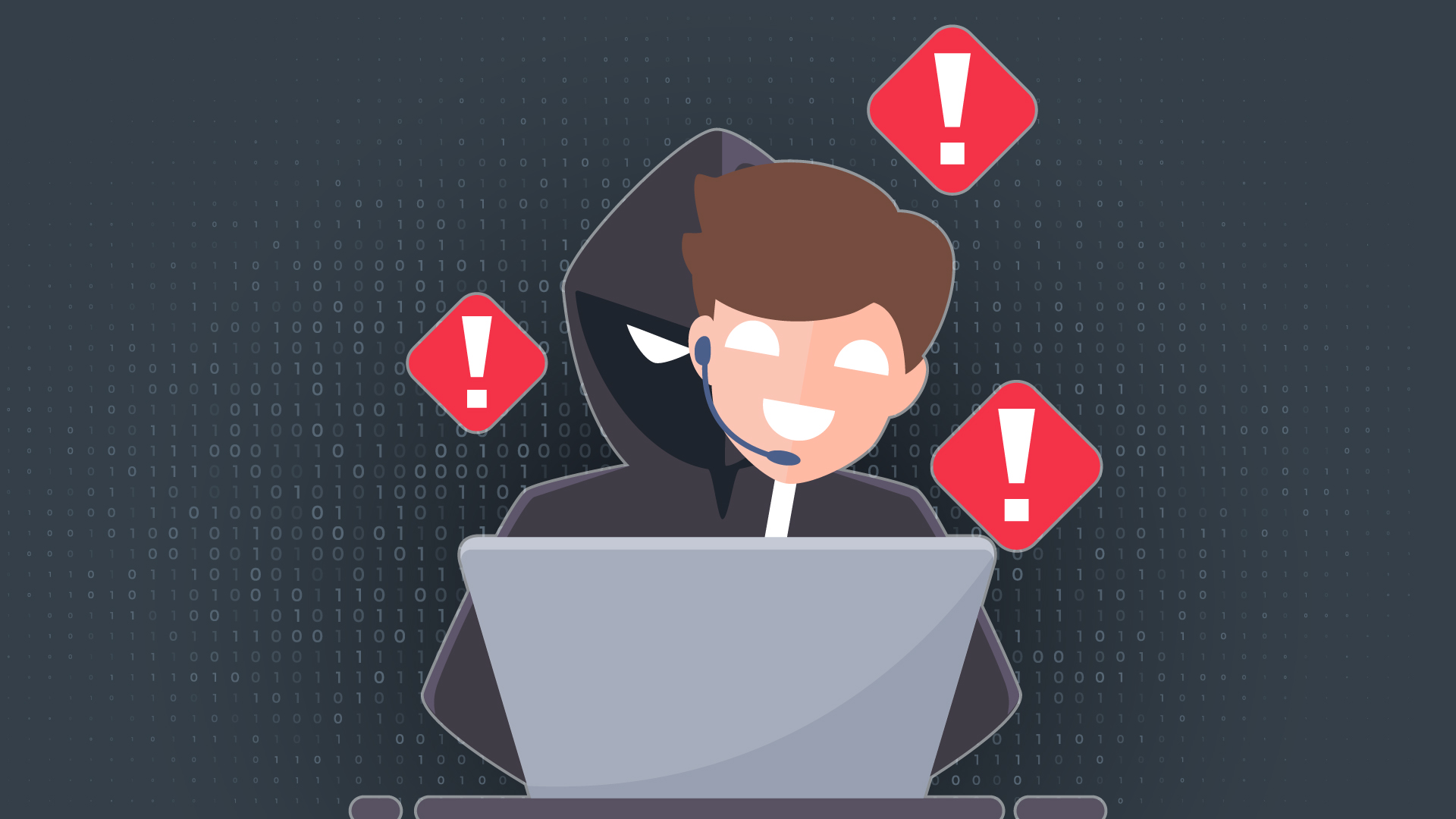
Phone & Card Fraud
Our phones provide a convenient and vital way to stay in touch without having to leave our homes. We routinely conduct business, make plans, and access vital information using landlines, cellular phones, and smartphones. The downside to this convenience is that it’s difficult to know with whom you are speaking.
Scammers can make calls from overseas by accessing a phone number that looks local to the call’s recipient. They may have just enough personal information about their target to get access to passwords, login information, and even bank account or credit card numbers.
While it can be impossible to dodge scam callers completely, there are a few things to do to help reduce the chances that you’ll become a victim of phone and card fraud.
How to Avoid Getting Scammed
Remember, if someone is pressuring you to provide private information, like your full legal name, address, alternate phone numbers, Social Security number, financial institution account or credit card account login information, ATM card personal identification number (PIN), or any other information you’d rather not share over the phone, hang up.
If someone from your financial institution or credit card company needs to speak with you on the phone, they’ll already have the information they need and won’t require you to recite your Social Security number or provide your passcode or PIN. If you are unsure about whether the person you are speaking with is authorized to access your account information, hang up and call the financial institution or credit card company. Assuming there really is a problem, you can have confidence that you are speaking with a representative from your financial institution if you call them directly. Look through your monthly billing statements for all of your financial institution accounts, investment accounts, and credit cards. If you see anything out of the ordinary or there are charges or withdrawals you don’t recognize, let the financial institution or lender know right away. They can help you understand the nature of the charges and if you are the victim of theft or a scam, they can let you know what to do next.
If you are expecting a statement, new credit card or debit card, but it hasn’t arrived in the mail, let the lender or financial institution know right away.
Never write down personal identifying information or passwords. If you need to dispose of paperwork with account numbers or other sensitive information, use a shredder. Charter Oak periodically holds shred days when members can bring in their sensitive documents to be safely destroyed.
Fraud Calls and Vishing
Vishing (voice phishing) is on the rise. Scammers call people fishing for information that may help them steal money or information that they can sell to hackers. Experts say phishing and vishing have reached epidemic levels, and in the near future, these types of scam calls will make up half of all cell phone calls.
Vishers impersonate your credit card company, financial institution, or government agency. They may claim to be with a charity you support or offer a too-good-to-be-true proposition. If you don’t answer their call, they may leave a voicemail message designed to get you to call them back. They may threaten you with punishment or try to convince you that if you don’t act quickly, you’ll miss a once-in-a-lifetime opportunity.
To add another layer of confusion, vishers often spoof local phone numbers. So, when you see an unfamiliar number calling from your community, you assume that the caller is physically located in your area.
They may only need you to say the word, “yes” to get what they need. If you suspect that your caller is vishing, it’s best to remain silent and hang up.
Here are some signs that you may be the victim of vishing or a telephone scam:
- A caller claims to be from your financial institution or credit card company. They want to warn you that you may be the victim of fraud and need you to verify the six-digit code they just texted you.
- The caller asks you to download an app so they can troubleshoot your connection to Google, Amazon, Apple, etc.
- You receive a call alerting you to a pending lawsuit against you. The caller claims that unless they receive payment immediately, the police will arrest you or seize your property.
- A caller says you’ve won a huge prize and you just need to pay the shipping or processing fees to claim it.
- The caller says they are from your insurance company and they need to verify your personal information so your policy isn’t automatically canceled.
- A caller claims to be from the Social Security Administration and wants to warn you that unless you verify your eligibility, you will lose access to all future Social Security benefits.
How to Report Fraud Calls
Understanding how to report a phone scam helps reduce the chances that the perpetrators of this type of crime will be successful in the future.
If you receive a call you believe to be a scam, you can report it online or via phone at USA.gov. It’s also wise to let your financial institution or credit union know if someone calls you pretending to be from your financial institution.
You can let the Federal Trade Commission (FTC) know about the potential scam by reporting fraud calls at ReportFraud.ftc.gov. The FTC uses and shares consumer-submitted fraud reports to help with investigations in an attempt to track down and stop the scammers.
Debit and Credit Card Scams
While many debit and credit card scams involve illegally stealing card numbers in public, some scammers attempt to get credit and debit card information by calling unsuspecting account owners and lying about their intentions and identity.
A credit card scam or debit card scam happens when someone uses your card number to steal money without your knowledge.
To avoid becoming the victim of a debit or credit card scam, it’s crucial to guard your physical cards while using them in public. Thieves only need the numbers on your card to use it illegally.
If you’ve misplaced or lost your card, let your credit card company or financial institution know right away to reduce your potential liability for unauthorized charges.
Keep any cards you don’t use in a safe place at home. Never write your PIN number on the card or share it with someone else.
Debit Card Fraud Detection For Charter Oak Credit Union Members
At Charter Oak Credit Union, we never call our members on the phone to obtain personal information. If we suspect that your debit card is being used fraudulently, we will send a text asking whether you recognize the charge. You only have to reply “yes” or “no” to the text. If you have questions about a text you receive from our Debit Card Fraud Alerts Service, you can call your Charter Oak Credit Union branch to speak with a representative about your situation.
At Charter Oak, we are committed to helping our members keep their personal and private information safe. If you have questions about fraud prevention, a potential scam or ATM safety, feel free to reach out and speak with a Charter Oak representative.


